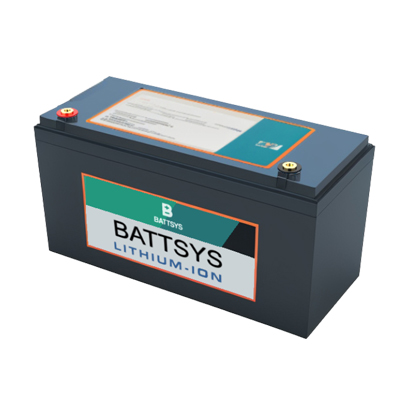The reason for choosing LFP batteries as
Marine Battery.
Ship batteries refer to energy storage devices specifically designed for ship power, lighting, communication, and electrical systems. They are similar to other types of batteries, but have special considerations in design and performance to meet the needs and challenges of ship operation. Ship batteries can provide the necessary power for ships, supporting starting engines, propelling propellers, driving electrical equipment, and so on.
Ship batteries usually need to have characteristics such as waterproof performance, shockproof design, and high-temperature adaptability to meet the challenges of ships in aquatic environments. They are a crucial component of ship operation, providing reliable energy supply for ships and ensuring safe and efficient navigation.
Closed design: LFP batteries usually adopt a closed design, which can effectively prevent moisture from entering the interior of the battery, ensuring that the internal components of the battery are not invaded by moisture or humidity. This helps to protect the battery from external environmental influences and improve its stability in aquatic environments.

Moisture resistance: The shell and sealing structure of LFP batteries can effectively resist the penetration of moisture and moisture. This helps to prevent corrosion and damage inside the battery, extending its lifespan.
Seismic design: Ships are often affected by waves and bumps when operating on water, so the seismic design of batteries is also crucial.
LFP batteries usually consider seismic performance in their design to maintain the stability of internal components.
